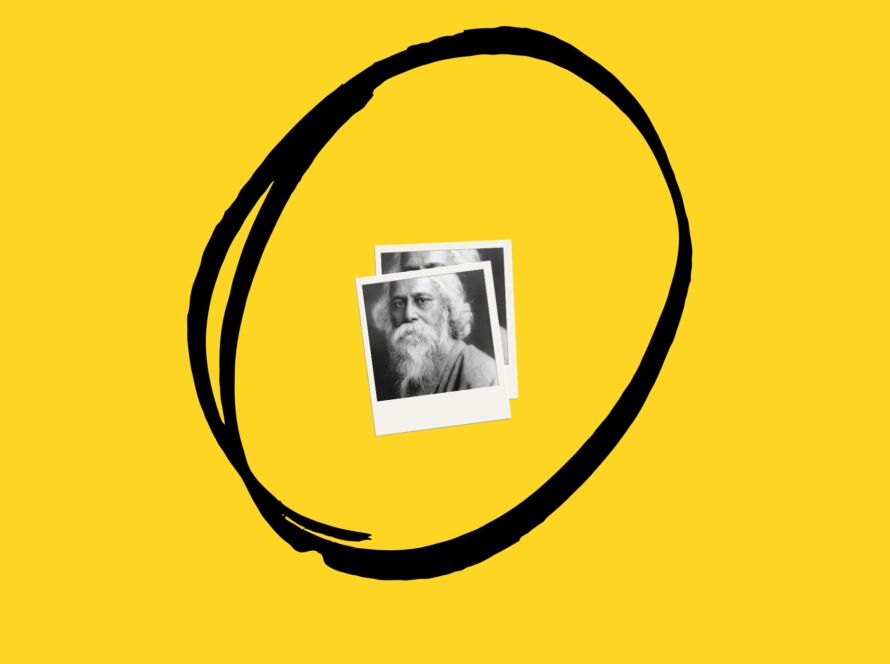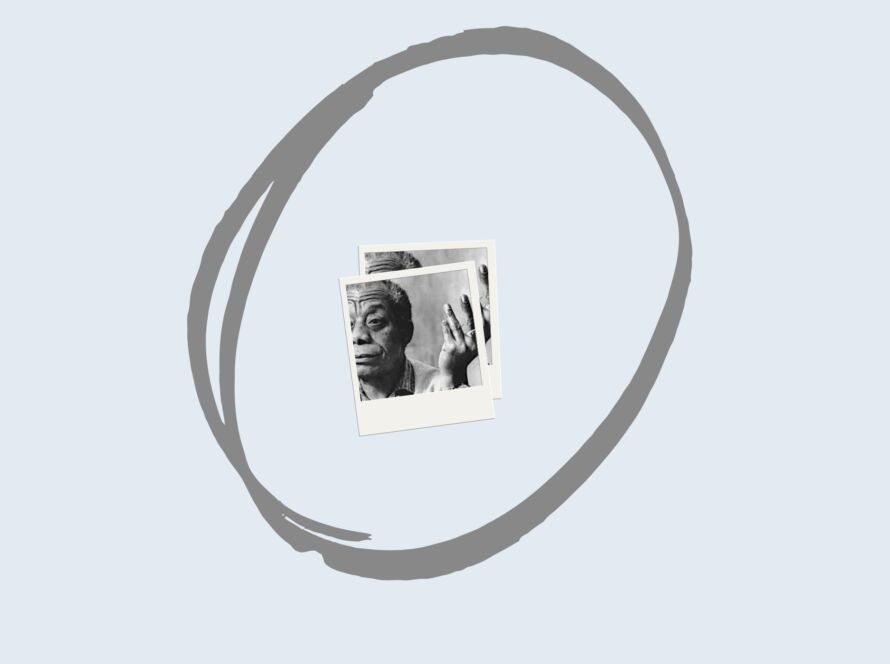Francis Bacon, born on January 22, 1561, was an influential English philosopher, statesman, and essayist. Considered one of the founders of the scientific method, Bacon’s ideas had a profound impact on the development of empirical inquiry and the advancement of knowledge. His work emphasized the importance of observation, experimentation, and the systematic collection of data. Bacon’s influential writings, such as “Novum Organum,” advocated for a new approach to understanding the natural world based on evidence and reason. As Lord Chancellor of England, Bacon also made significant contributions to law and politics. Francis Bacon’s intellectual legacy and his pioneering contributions to science and philosophy continue to shape the way we understand and explore the world.
Certainly virtue is like precious odors, most fragrant when they are incensed, or crushed: for prosperity doth best discover vice, but adversity doth best discover virtue.
Francis Bacon
If a man will begin with certainties, he shall end in doubts; but if he will be content to begin with doubts he shall end in certainties.
Francis Bacon
There is no comparison between that which is lost by not succeeding and that which is lost by not trying.
Francis Bacon
Men fear death as children fear to go in the dark; and as that natural fear in children is increased by tales, so is the other.
Francis Bacon
It is in life as it is in ways, the shortest way is commonly the foulest, and surely the fairer way is not much about.
Francis Bacon
There is no excellent beauty that hath not some strangeness in the proportion.
Francis Bacon
I would live to study, and not study to live.
Francis Bacon
A graceful and pleasing figure is a perpetual letter of recommendation.
Francis Bacon
In taking revenge, a man is but even with his enemy; but in passing it over, he is superior.
Francis Bacon
Philosophy when superficially studied, excites doubt, when thoroughly explored, it dispels it.
Francis Bacon
A man that studieth revenge keeps his own wounds green.
Francis Bacon
There is a difference between happiness and wisdom: he that thinks himself the happiest man is really so; but he that thinks himself the wisest is generally the greatest fool.
Francis Bacon
Age appears to be best in four things; old wood best to burn, old wine to drink, old friends to trust, and old authors to read.
Francis Bacon
Discretion of speech is more than eloquence, and to speak agreeably to him with whom we deal is more than to speak in good words, or in good order.
Francis Bacon
Men of age object too much, consult too long, adventure too little, repent too soon, and seldom drive business home to the full period, but content themselves with a mediocrity of success.
Francis Bacon
Revenge is a kind of wild justice, which the more man’s nature runs to, the more ought law to weed it out.
Francis Bacon



